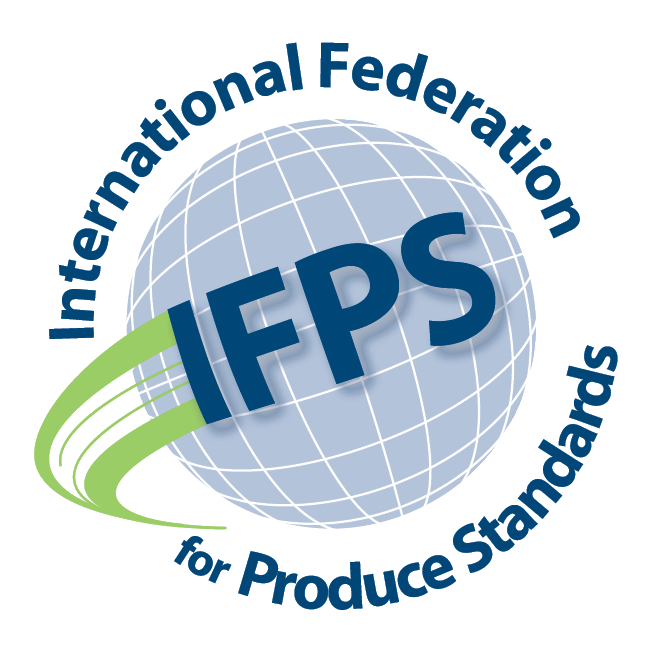Getting Blockchain Ready
Three Conceptual Overhaul Suggestions
By Dr. Hans Maurer, New Zealand IFPS Director and chair of the Chain Information Management Committee
In my earlier comment piece entitled "Blockchain: myth or salvation?", I touched upon the need for a conceptual overhaul in the way our industry works to give Blockchain technology a chance to succeed. Three suggestions for such an overhaul are the need to accept GS1 standards as an integral part of product and grower identification; to settle upon an appropriate and consistent procurement strategy and then stick to it; and, to adopt the 7th Principle of Supply Chain Management (Anderson et al, 1997).
GS1 Standards
Blockchain will not replace proprietary data management systems but is a pipeline which will carry proprietary data that is being shared amongst supply chain partners who have agreed to utilize Blockchain technology. Blockchains will be built on the back of existing standards to ensure the data blocks the chain is comprised of can be read by all participating parties in the chain. The standards that are already in global use in the wider FMCG supply chain are the GS1 standards. The produce industry's uptake of GS1 standards has been 'variable' but it needs to be accelerated if we don't want to be left behind. No one will invent a different set of global standards and Blockchain is not a tool for cobbling together a selection of sets of inhouse data based on bespoke standards or no standards at all.
Procurement strategy
A retailer who has created a plan on how his produce will be sourced, has identified his supply channels within this plan as well as his preferred growers, packers, shippers and agents and sticks to his plans, stands a good chance of being able to build meaningful and robust transparency capable blockchains for his produce data. A retailer who has determined that purchasing all produce via a central or terminal market system is the way to go, might as well get on with things and stop wasting his or her time trying to understand Blockchains and their relevance for the produce industry. The structured approach of Blockchain technology and the ‘organized chaos’ modality of wholesale markets are diametrically opposed and retailers in this category will have to meet their traceability requirements with the help of other tools - and that is not necessarily impossible in the short to medium term. The retailer who wants a bob each way, buys directly as well as via the market system and changes the ratios each week based on the price on the day, is creating uncertainty which invites accelerated market volatility. Not only will he own produce of identical appearance that has arrived in store with different data granularity attached, but at times he will not be able to identify the pathway the produce has taken, particularly once the product is on display on the retail shelf.
7th Principle of Supply Chain Management
Anderson et al (1997) authored an article on the principles of supply chain management, which is now considered a classic. Their 7th and final principle revolves around the need to measure performance across the entire supply chain, essentially suggesting that the value of the whole chain could be greater than the sum of its parts. This is a concept many businesses struggle with and produce businesses are no exception. Measuring performance means sharing information and data. Traditional management education focuses on the smart use of data to establish and defend an individual business' position of competitive advantage. Early thinkers on this topic, such as Peters (In Search of Excellence, 1989) and Brandenburger & Nalebuff (Coopetition, 1996), have for some time now argued that close co-operation between competitors can achieve leveraged outcomes and improved financial results - but that businesses cannot unlock potential benefits of this nature unless they can collectively jump across their respective cultural shadows to get beyond the traditional supply relationship constraints, enhanced at times by demands from a dominant link, typically a corporate retailer.
Blockchain's arrival on the scene is a substantial disruptor of risk-averse conventional management beliefs that change is best achieved though incremental methods.
Turning a business or an industry on its head in terms of data transparency is typically beyond the scope of professional management teams but a job for the business leader.
In summary, blockchain technology has the potential to succeed in the fresh produce industry, just as long as the industry participants accept GS1 architecture for data management purposes, adopt a strategic procurement approach that generates confidence in the supply chain and apply a whole of chain approach when it comes to sharing the benefits that an efficiently working supply chain is capable of delivering.

